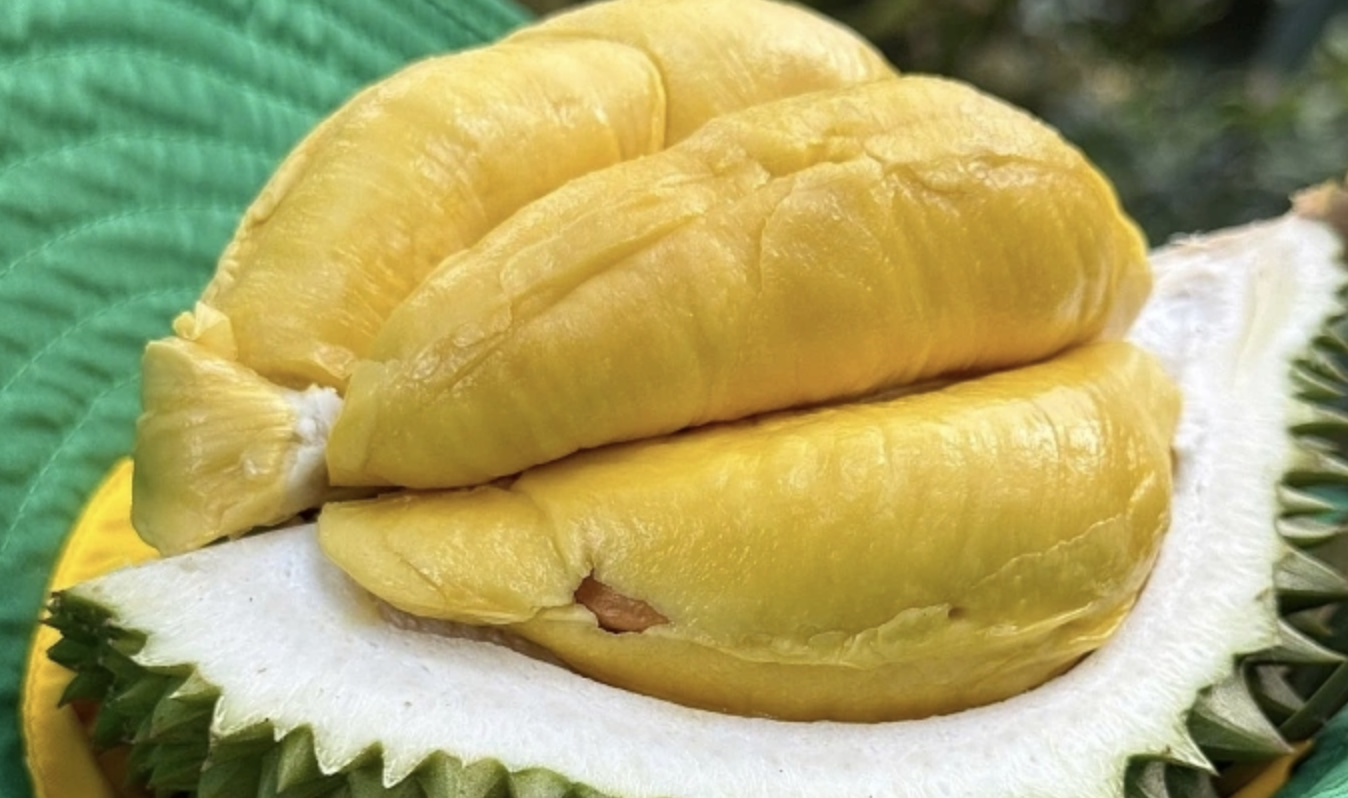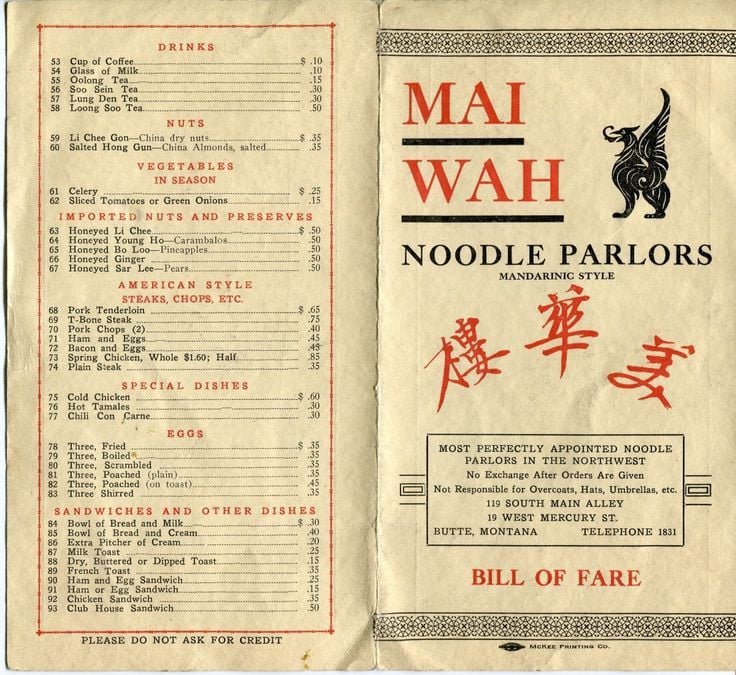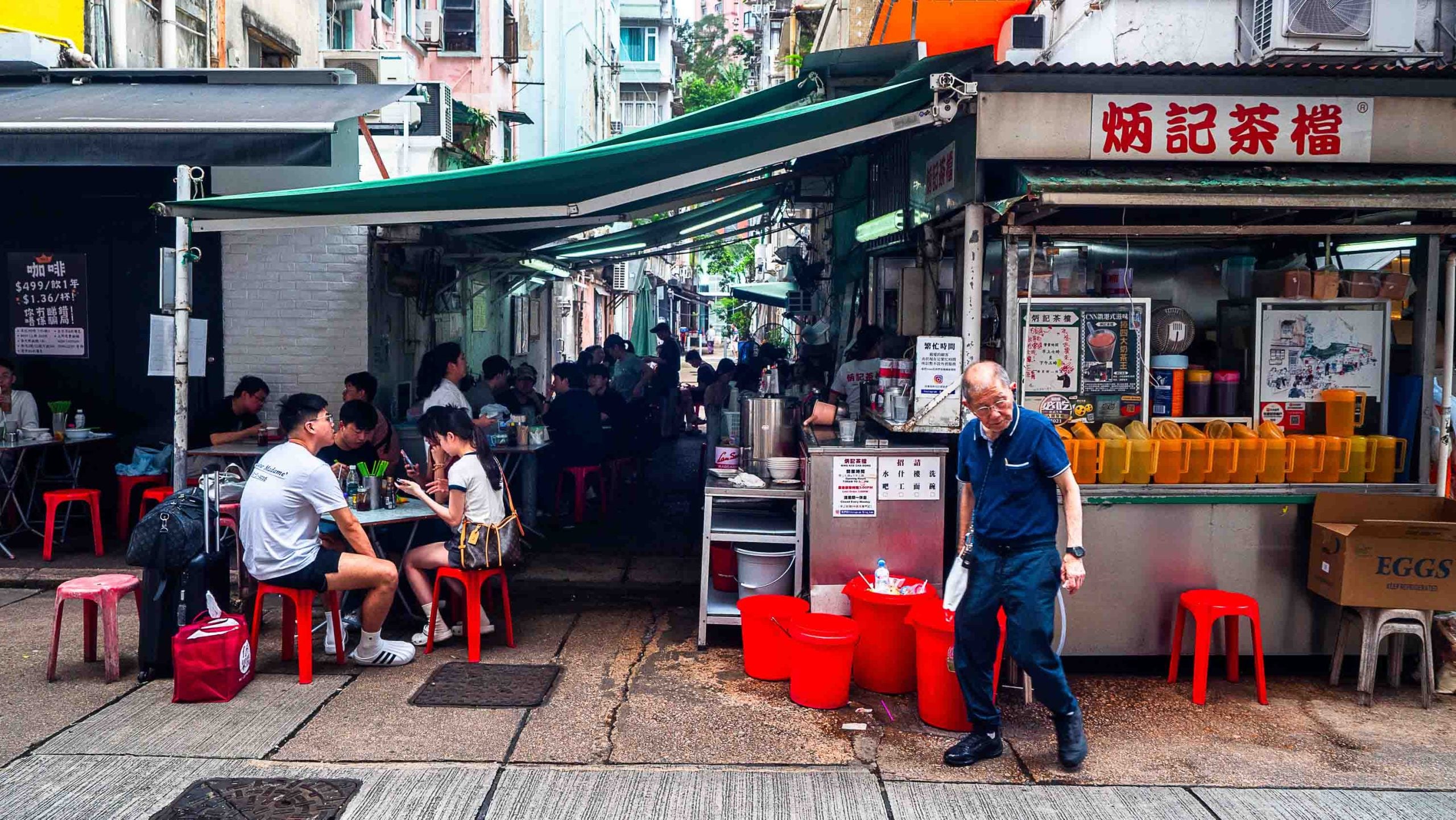Asian food lovers are rallying online to get a term in the English dictionary changed. The culprit? “Chinese restaurant syndrome,” which stems from fears surrounding the food additive MSG (short for monosodium glutamate) dating back to the 1960s.
In a video first posted on celebrity chef and Fresh Off the Boat creator Eddie Huang’s Twitter account, Huang and others call for Merriam-Webster to update their definition of the term, saying that it “isn’t just scientifically false — it’s xenophobic.”
“Chinese Restaurant Syndrome?” NAH, chill Merriam. Retweet this and ask @merriamwebster to #RedefineCRS. More info here: https://t.co/8XPCypEUdb #AjinomotoPartner pic.twitter.com/P7pNtd7cx7
— Eddie Huang (@MrEddieHuang) January 14, 2020
There is a small catch, however: Ajinomoto, a Japanese MSG producer, seems to be the entity behind the #RedefineCRS campaign.

The #RedefineCRS website, brought to you by Ajinomoto
Still, the campaign does have a point, and is gaining momentum on social media because of it. Some are calling out the term for being “xenophobic,” as other cuisines do not have any “syndromes” associated with them even when they do use MSG in their food. Others were quick to point out that US chains like Chick-fil-A and Popeyes, as well as foods like Doritos chips, ranch dressing, Parmesan cheese and steak, all have MSG as an ingredient without the same fears of “MSG poisoning.”
Where are all the complaints of headaches and nausea?? Chinese Restaurant Syndrome my ass. https://t.co/quKe5hH1Kv
— Dave Chang (@davidchang) January 14, 2020
Merriam-Webster has since replied to Huang’s tweet, saying that they would be “reviewing the term and revising accordingly.”
The controversial association of MSG with Chinese food dates back to 1968, when Dr. Robert Ho Man Kwok published a letter in the New England Journal of Medicine complaining of “numbness, weakness, and palpitations,” and tenuously linking it to the Chinese restaurant he’d recently eaten at. This would snowball into a decades-long demonization of MSG.
Though experts now say that the link lacks sufficient medical evidence, Kwok’s letter carries some of the residual perceptions that most Americans had of Chinese food throughout the early 20th century. Dishes like “chop suey,” sold for as little as 1USD a pop, embodied the strange paradox of dangerously cheap and “urbane sophistication,” in the words of one food writer, that Chinese cuisine had at the time.
Related:
 Click-through: A Brief History of “Chop Suey”Fun fact: the dish was not invented by System of a DownArticle Oct 19, 2019
Click-through: A Brief History of “Chop Suey”Fun fact: the dish was not invented by System of a DownArticle Oct 19, 2019
Header image: Unsplash


















